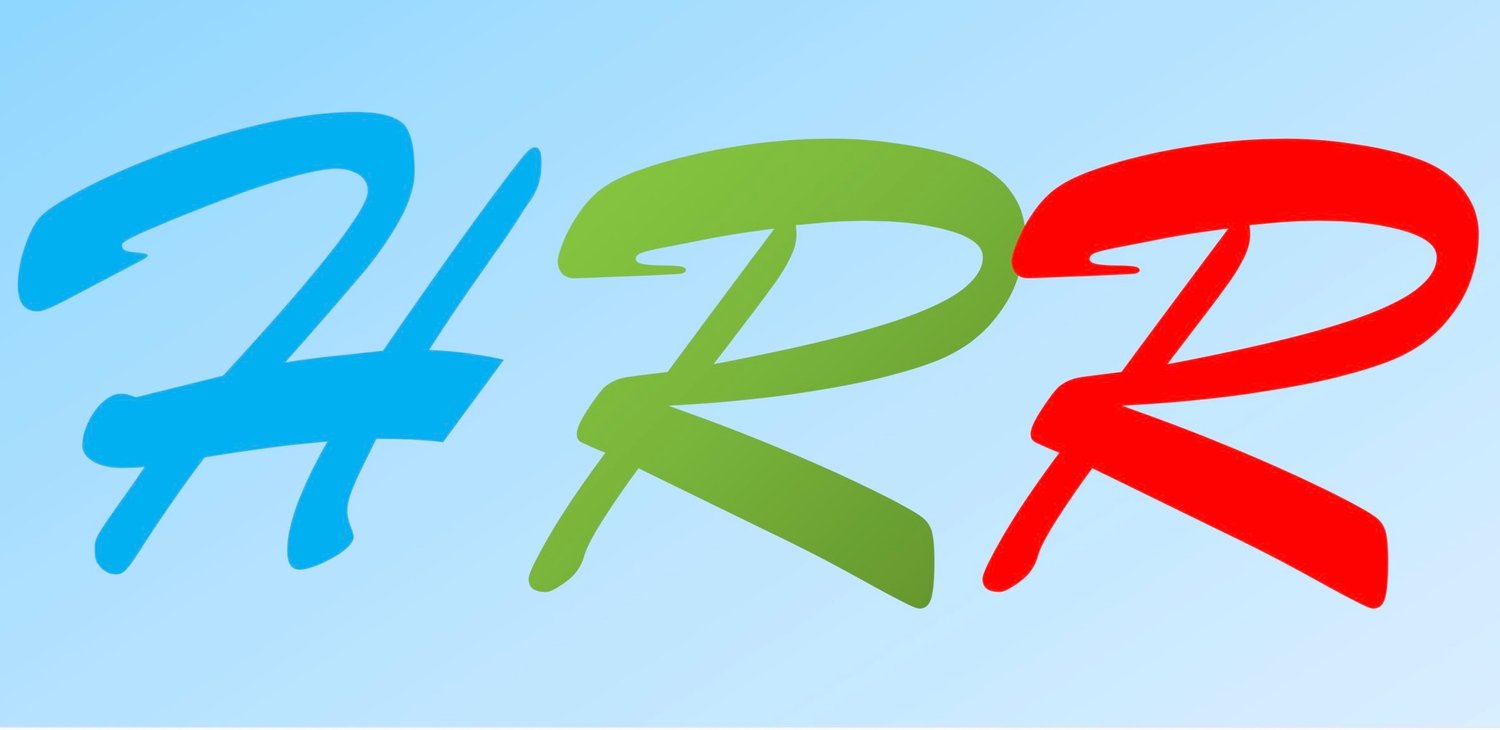How mediation Works
The attributes of mediation are:
Mediation brings together opposing parties to explore settlement options that are mutually agreeable. The participants remain in complete control of all decisions that are made.
Mediation is not like any court or hearing proceeding. Participants don't present their best cases and then wait to receive a binding decision from an outsider. The parties make their own decisions.
Mediators act as neutral, impartial facilitators. They encourage resolution without prescribing what that resolution should be. The approach is non-judgmental.
Ultimately, mediation authority rests solely with you, the participant. Mediators will represent and safeguard the process. You own the decisions.
Mediation’s greatest value is that it transforms obstacles into a free flow of ideas and encourages voluntary agreements.
The central elements of mediations are fairness, flexibility, confidentiality, full disclosure and self- determination.
Mediation uses communications, negotiations, facilitation, and problem-solving techniques to reach jointly amenable solutions.
Mediation’s ethical responsibilities to you are to avoid coercion, improper influence, and conflicts of interest.
Agreements between participants are non-binding unless you choose otherwise.
Mediation styles vary. At HRR our style is a plain-speaking approach. And we set the pace for your mediation by balancing full participation with constant movement forward - just one of the advantages of meditation.
